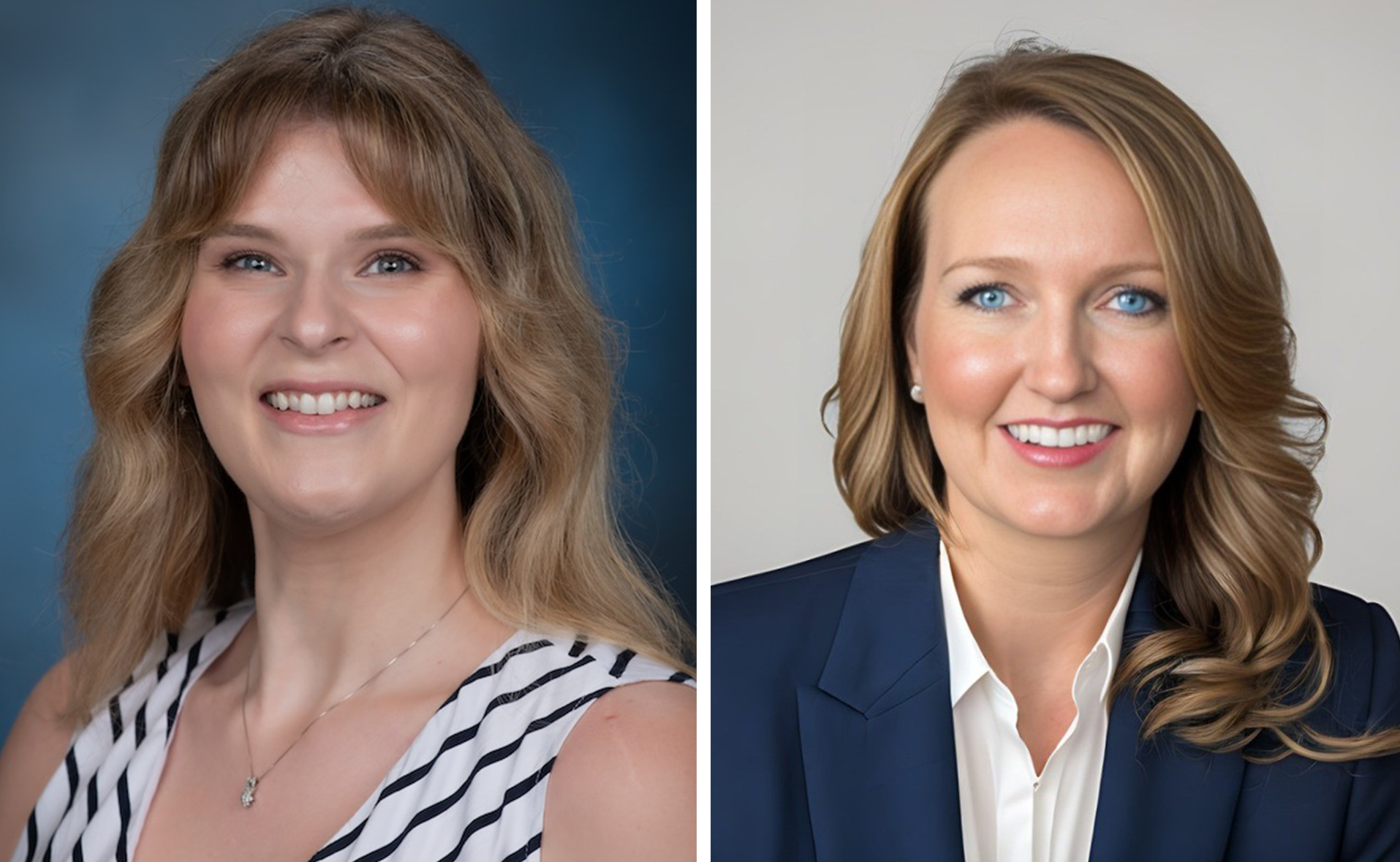content body

Auburn College of Nursing faculty members Caroline Quick (left) and Whitnie Willis (right) are coordinating the study abroad trip, planned for May 11-19, 2026.
A unique study abroad program, Aging Forward, could redefine Elder Care education. Across the globe, nations grapple with the challenges — and opportunities — of building communities where older adults can live with dignity and thrive. But what happens when students step beyond traditional classrooms to learn from one of the world’s most forward-thinking societies?
The Netherlands stands out as a living laboratory for elder care, where innovative concepts like dementia villages and intergenerational housing set new standards for dignity, independence, and community connection. For students from every academic background, these Dutch models offer more than inspiration—they provide actionable insights for shaping the future of aging worldwide.
College of Nursing faculty members Whitnie Willis and Caroline Quick will coordinate the study abroad trip to the Netherlands to learn about cultural aspects of aging. According to Willis, the Netherlands is internationally acknowledged for its advanced elder care models, which include dementia villages, intergenerational housing, and community-based support systems. Unlike many nations that concentrate primarily on institutional care, Dutch approaches prioritize independence, preventive measures, and social inclusion, presenting a valuable framework for students in various disciplines to study.
“The Netherlands is going to be a living classroom for AUCON students through the Aging Forward program, offering them a firsthand look at one of the world’s most innovative approaches to elder care,” said Caroline Quick, assistant clinical professor.
“The program scheduled to run for nine days, from May 11 through May 19, 2026, is open to all undergraduate students, irrespective of major,” said Willis. “Students in nursing, engineering, human sciences, liberal arts, forestry, business, and related disciplines are encouraged to apply. Given that aging is a phenomenon affecting both culture and community, participants from any academic background will gain valuable insights by examining the Netherlands' strategies for healthy aging and social inclusion,” she added.
By studying elder care models that focus on dignity, independence and community involvement, they will investigate the roles of housing, healthcare, technology, design, and social inclusion in influencing quality of life for older adults. The program hopes to facilitate cross-cultural dialogue to enhance understanding of aging among different professions.
Scheduled activities will include visits to elder care facilities such as the Hogeweyk Dementia Village, which is internationally recognized for its innovative approach to dementia care. Additionally, participants will have opportunities to engage with older adults in community-based environments. These experiences will enable students from all disciplines to observe how Dutch cultural practices and policies integrate to support aging populations.
In addition to site visits, students will engage in cultural excursions including visits to museums, historical landmarks, and guided tours of Dutch neighborhoods. These activities are designed to provide a deeper understanding of the influence of societal values on daily life and the aging experience in the Netherlands.
Your support can help make this educational experience more accessible for student travelers.
Give todayThe Aging Forward program presents international models focused on autonomy, dignity, and community-based care for older adults. By engaging with the Dutch approach, Auburn students learn clinical, leadership, and communication skills relevant to U.S. healthcare and are introduced to various strategies for geriatric nursing.
Upon returning, students can contribute new quality-improvement ideas and expand perspectives on elder care. These experiences differ from the U.S. healthcare system, indicating a need for integrated care, increased numbers of geriatric specialists, and enhanced long-term services for aging populations, Quick noted.
“Aging Forward reflects Auburn’s well-established history and strengths in providing student-centered, high-impact learning opportunities,” said Provost Vini Nathan. “By engaging globally and across disciplines, this study abroad program equips students from any discipline to understand and address the challenges of an aging world, which will prepare them to serve communities at home and around the world.”
“We are actively pursuing scholarships, grants, and philanthropic contributions to subsidize program expenses,” said Willis. While students are expected to cover their own travel and personal costs, the program is committed to minimizing financial obstacles to ensure that individuals from all academic backgrounds can participate in this distinctive global learning experience.
The Dutch model of healthy aging offers a compelling blueprint for societies worldwide striving to enhance the quality of life for their older populations. By studying these innovative approaches firsthand, students not only broaden their academic and professional horizons but also cultivate a deeper appreciation for cultural diversity in elder care. As participants return equipped with new perspectives and practical insights, they become agents of change to empower older adults to live with dignity, independence, and a sense of belonging in their communities. The journey toward healthy aging is global, and its transformation begins with open minds and shared experience.
The Aging Forward study abroad in the Netherlands is open to Auburn students and faculty in all disciplines. Deadline to register is Oct. 12, 2025.
See full details




